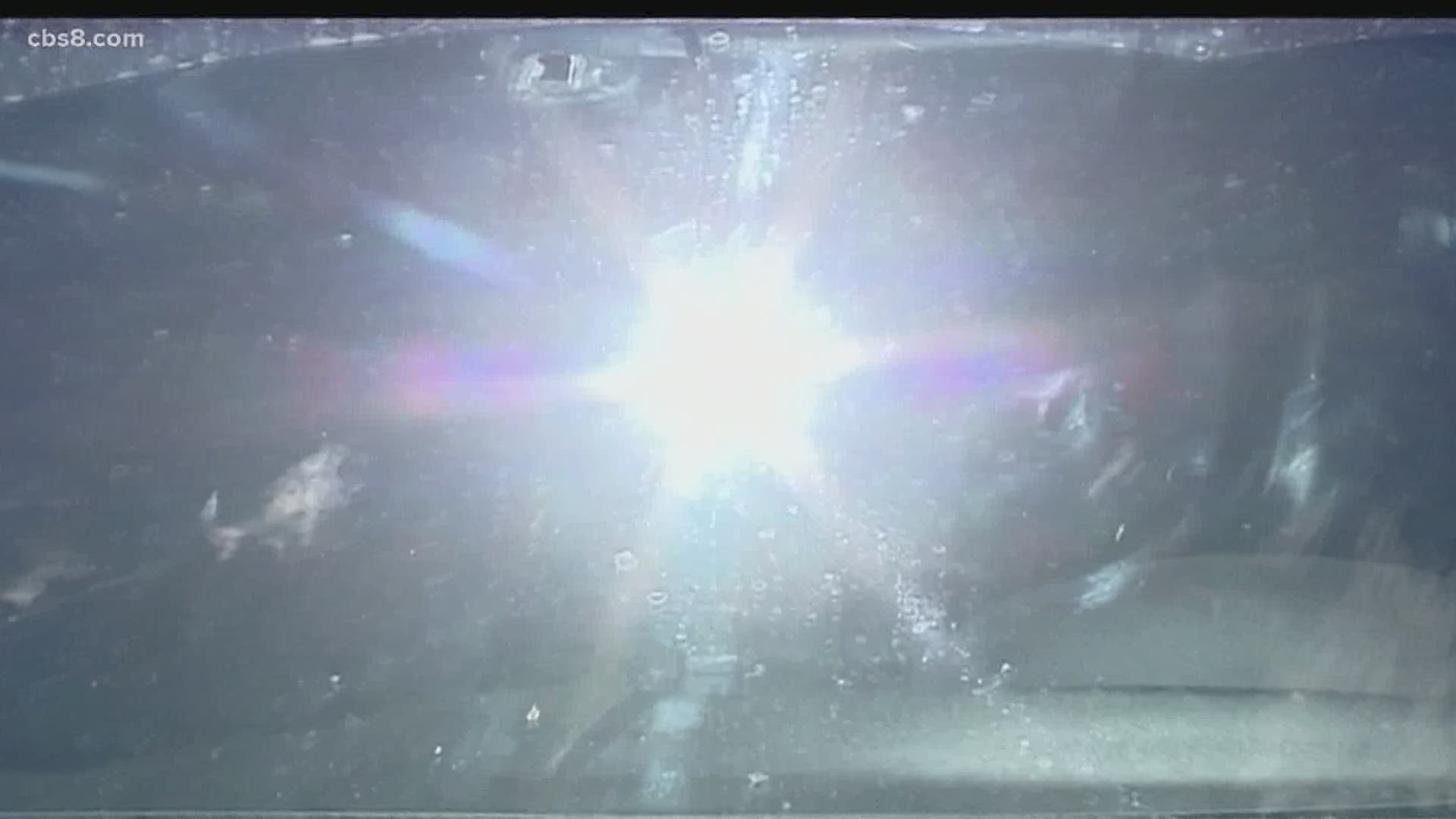SAN DIEGO COUNTY, Calif. — Are COVID-19 deaths linked to deficiencies in vitamin D? Would taking a vitamin D supplement ward off COVID-19 or make it less serious?
There is evidence to the idea that vitamin D can benefit some people's ability to fight any sickness -- including COVID-19. This benefit is almost exclusively seen by people who were previously deficient in vitamin D.
What's known is that vitamin D is not a COVID-19 cure, but working from home and staying inside can mean our bodies are being deprived of Vitamin D more than ever.
Dr. Arielle Levitan, an internist, and Dr. Romy Block, an endocrinologist based in Chicago, revealed results from a study - led by Northwestern University - that show a strong correlation between severe Vitamin D deficiency and death rates in COVID-19 patients.
The research team conducted an analysis of data from hospitals and clinics across several countries heavily impacted by the virus, including the United States.
According to the study, patients with severe deficiency were twice as likely to experience severe complications, including death.
Dr. Levitan and Dr. Block recommend Vitamin D as a supplement. They said the amount is going to vary depending how much an individual gets it from his or her diet, exercise, or sun exposure.
Sunlight is the best source of vitamin D, which is made in the skin. For light-skinned people, 15 minutes of sunshine on the arms and legs two or three times a week is enough. The darker the pigmentation and the older a person is, the more sunlight is needed to produce vitamin D. Latitude also affects vitamin D, with residents of the northern U.S. more likely to get less sun exposure. Sunscreen also affects absorption.
Foods rich in vitamin D include fatty fish, egg yolks, and fortified milk and orange juice, but it is hard to get enough from diet alone. If choosing a supplement, research suggests vitamin D3 is usually the better choice over vitamin D2.
But too much vitamin D can damage the heart, blood vessels and kidneys as well as lead to kidney stones, the NIH warns. Before starting a vitamin D regimen, talk to your doctor and don’t take more than the label says.
Dr. Levitan and Dr. Block are co-authors of an award-winning book, The Vitamin Solution: Two Doctors Clear the Confusion about Vitamins and Your Health, and co-founders of Vous Vitamin.

